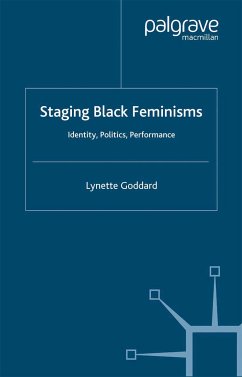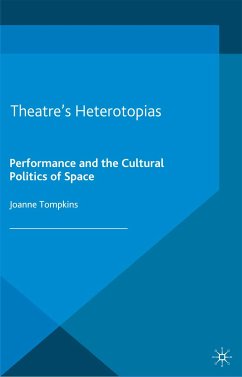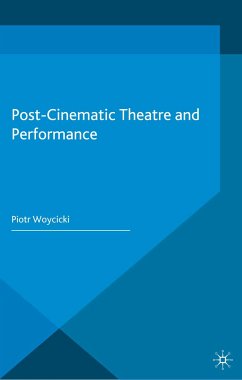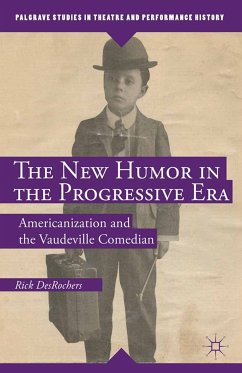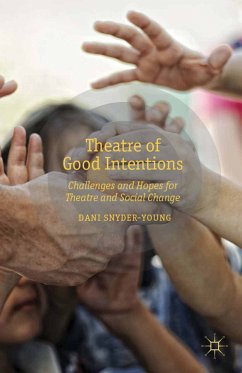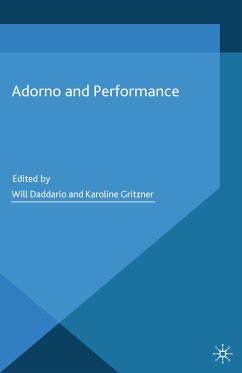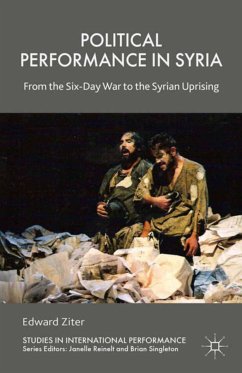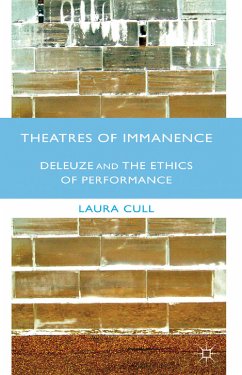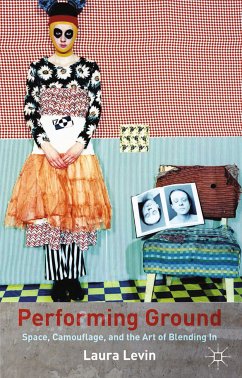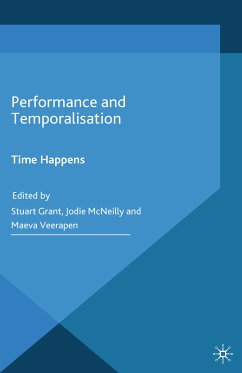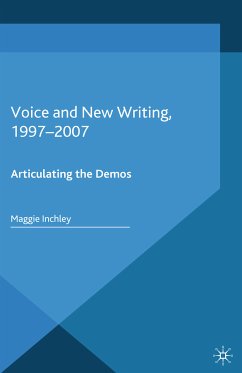
Voice and New Writing, 1997-2007 (eBook, PDF)
Articulating the Demos
Versandkostenfrei!
Sofort per Download lieferbar
40,95 €
inkl. MwSt.
Weitere Ausgaben:

PAYBACK Punkte
20 °P sammeln!
In New Labour's empathetic regime, how did diverse voices scrutinize its etiquettes of articulation and audibility? Using the voice as cultural evidence, Voice and New Writing explores what it means to 'have' a voice in mainstream theatre and for newly included voices to negotiate with the institutions that 'find' and 'represent' their identities.
Dieser Download kann aus rechtlichen Gründen nur mit Rechnungsadresse in A, B, BG, CY, CZ, D, DK, EW, E, FIN, F, GR, HR, H, IRL, I, LT, L, LR, M, NL, PL, P, R, S, SLO, SK ausgeliefert werden.



